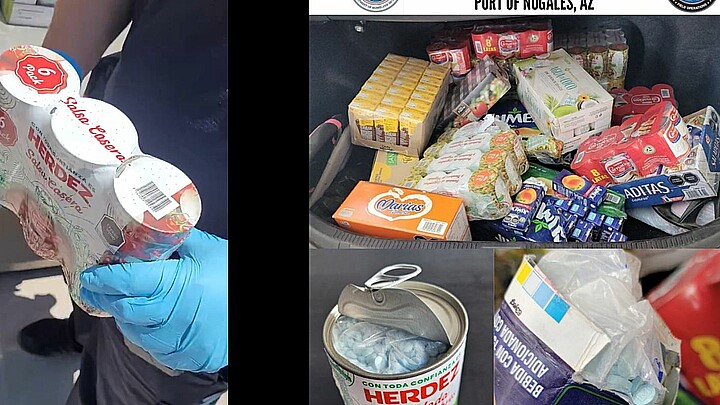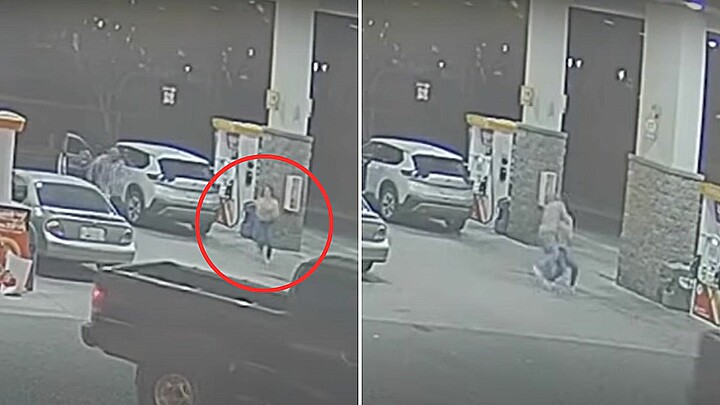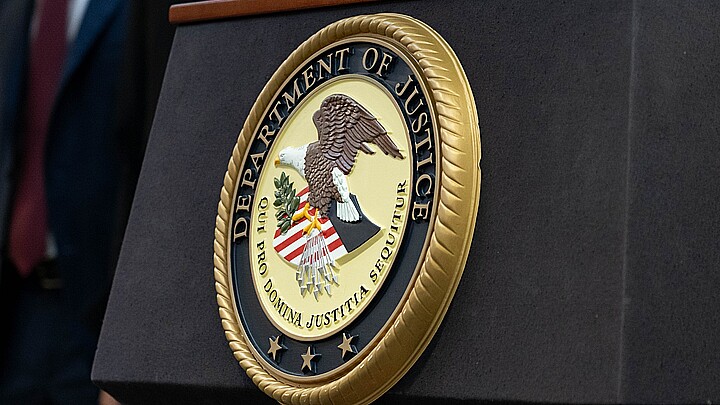Crime
Arizona law will restrict close recordings of police officers
Starting in September, recording police officers will be illegal in some cases in Arizona. Gov. Doug Ducey signed House Bill 2319 into law last week, making it illegal to knowingly record law enforcement activity without the permission of a law enforcement
July 11, 2022 1:55pm
Updated: July 11, 2022 7:44pm
Starting in September, recording police officers will be illegal in some cases in Arizona.
Arizona Gov. Doug Ducey signed House Bill 2319 into law last week, making it illegal to knowingly record law enforcement activity without the permission of a law enforcement officer within eight feet of where the activity is taking place.
The penalty for noncompliance is a verbal warning. However, if an individual refuses to comply with the verbal warning, then it is a Class 3 misdemeanor punishable with a maximum of 30 days in prison, $500 in fines, and up to one year of probation.
Here is what the main section of the bill says:
“It is unlawful for a person to knowingly make a video recording of law enforcement activity if the person making the video recording is within eight feet of where the person knows or reasonably should know that law enforcement activity is occurring, either receives or has previously received a verbal warning from a law enforcement officer that the person is prohibited from making a video recording of a law enforcement activity within eight feet of the activity and continues to make a video recording of the law enforcement activity within eight feet of the activity. If the law enforcement activity is occurring in an enclosed structure that is on private property, a person who is authorized to be on the private property may make a video recording of the activity from an adjacent room or area that is less than eight feet away from where the activity is occurring, unless a law enforcement officer determines that the person is interfering in the law enforcement activity or that it is not safe to be in the area and orders the person to leave the area.”
The bill was sponsored by Rep. John Kavanagh, R-Fountain Hills, who says that it’s meant to keep police officers safe.
“Police officers have no way of knowing whether the person approaching is an innocent bystander or an accomplice of the person they’re arresting who might assault them,” Kavanagh wrote in an op-ed for USA Today earlier this year. “Consequently, officers become distracted and while turning away from the subject of the encounter, the officers could be assaulted by that subject or that subject could discard evidence or even escape.”
Opponents of the bill argue that it’s a First Amendment violation.
State Sen. Sally Ann Gonzales, D-Tempe, made this point in a June 15 Committee of the Whole hearing on the bill.
"This is a constitutional right that we all have,” Gonzales said of recording law enforcement activity. “And to criminalize people is just, I can't fathom why we're doing it. There's already been court case to court case that has made it clear there is a First Amendment right to record police activity in public without retaliation.”
The bill passed along partisan lines with 31 of the 60 state representatives approving of it as well as 16 of the 30 state senators. Republicans supported the bill and Democrats opposed it.










